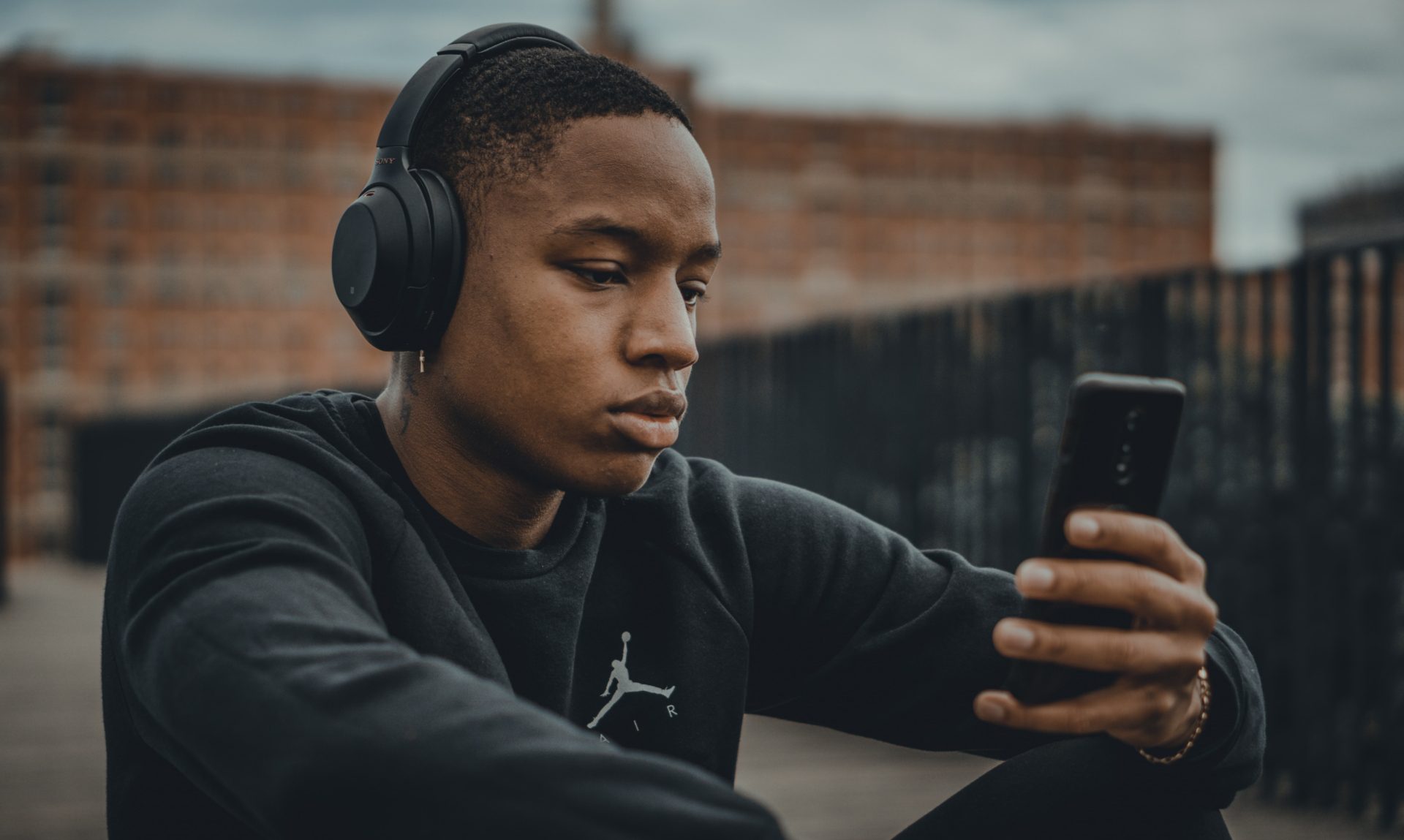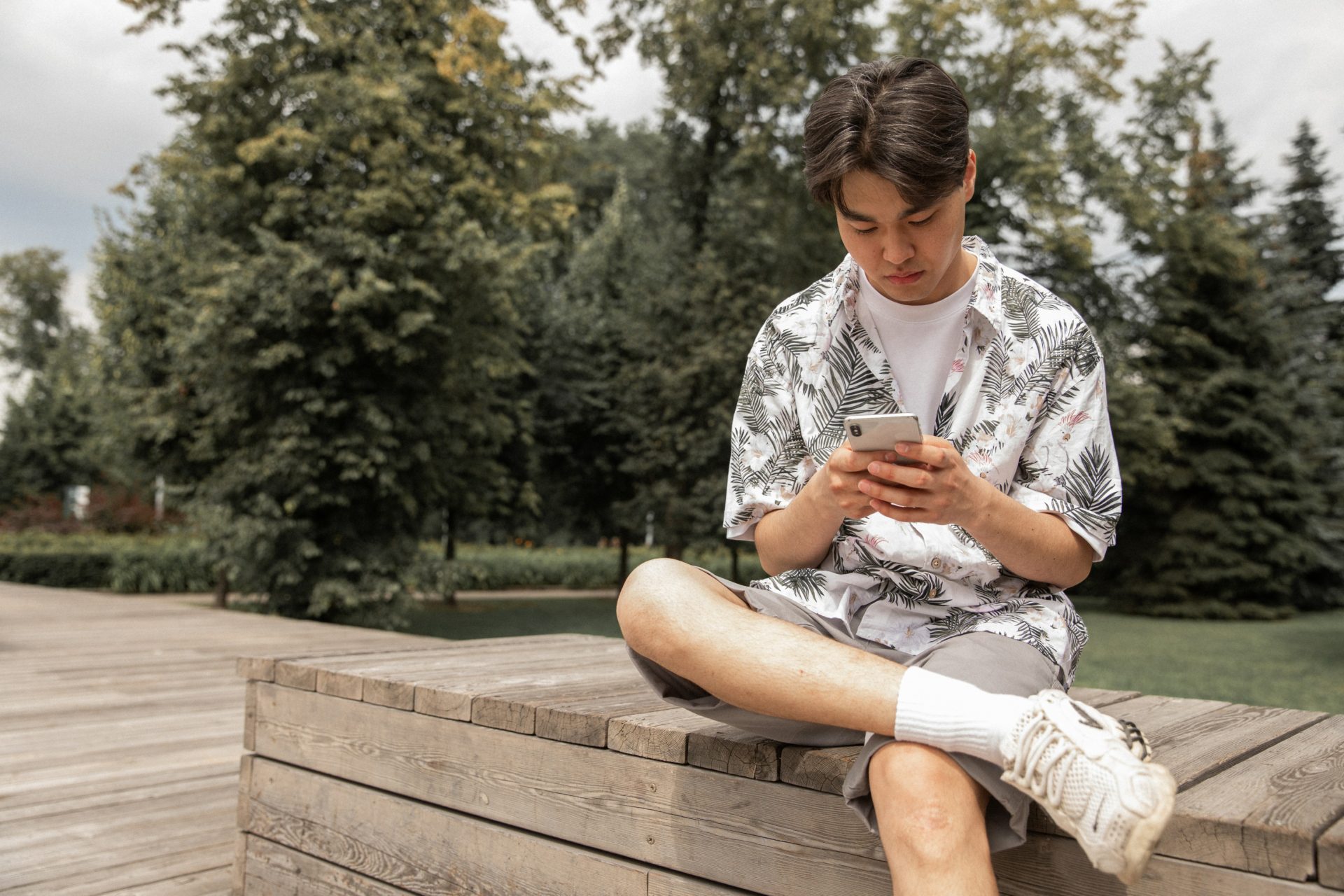
Good news, the new suicide prevention hotline number is on the way! In fact, it’ll be here in less than a week.
On July 16, any US citizens who are experiencing suicidal thoughts or a mental health crisis will be able to call or text 988 to connect with someone for counseling. Originally, the suicide prevention hotline was 800-273-8255. But back in 2020, former president Donald Trump signed the bipartisan National Suicide Hotline Designation Act. The Act shortens the number to simply 988.
“This easy-to-remember hotline will save lives,” said Utah’s Republican Representative Chris Stewart in 2020. “If you are in the middle of a mental health crisis, you need to know who to call. The problem is no one knows the number. The second problem is the number is different. If you are calling in Salt Lake City, it is a different number than if you are calling in New York.”
Rep. Stewart, who pushed the House version of the bill and worked on the piece of legislation for four years, added, “Dialing 988 is going to get you help. It’s going to immediately give you someone to talk with, and in special cases when intervention is necessary, give you that resource as well.”

Related: What A Great Move Forward During May – Mental Health Awareness Month
The service will receive “$7.2 million in earmarked funding to provide specialized services to LGBTQ youth who reach out to the Lifeline,” according to the Washington Post.
“I do think this is something that they need to resolve quickly, because they are going to get phone calls from LGBTQ young people,” said Jessica Fish, an assistant professor of family science at the University of Maryland.
LGBTQ youth are at higher suicide risk because of how they are mistreated and stigmatized in society. According to Hedegaard, Curtin, & Warner, 2018, suicide is the second leading cause of death among young people aged 10 to 24. Meanwhile, LGBTQ youth are more than four times as likely to attempt suicide than their peers (Johns et al., 2019; Johns et al., 2020). Even further, QTPOC are also significantly at risk of suicide.

As the Trevor Project’s Dr. Myeshia Price told Medical News Today, “[QTPoC] have had to endure an incredibly hostile political climate and near-constant news images of racist and transphobic violence, which can negatively impact one’s mental health and sense of self.”
Dr. Price added, “We also know that communities of color were disproportionately impacted by COVID-19 and that QTPoC may be particularly vulnerable to negative mental health impacts associated with the pandemic, as they already faced significantly increased risk for attempting suicide largely due to increased experiences of victimization.”
Again, you can contact 988 starting July 16.
Source: Washington Post, Medical News Today,
